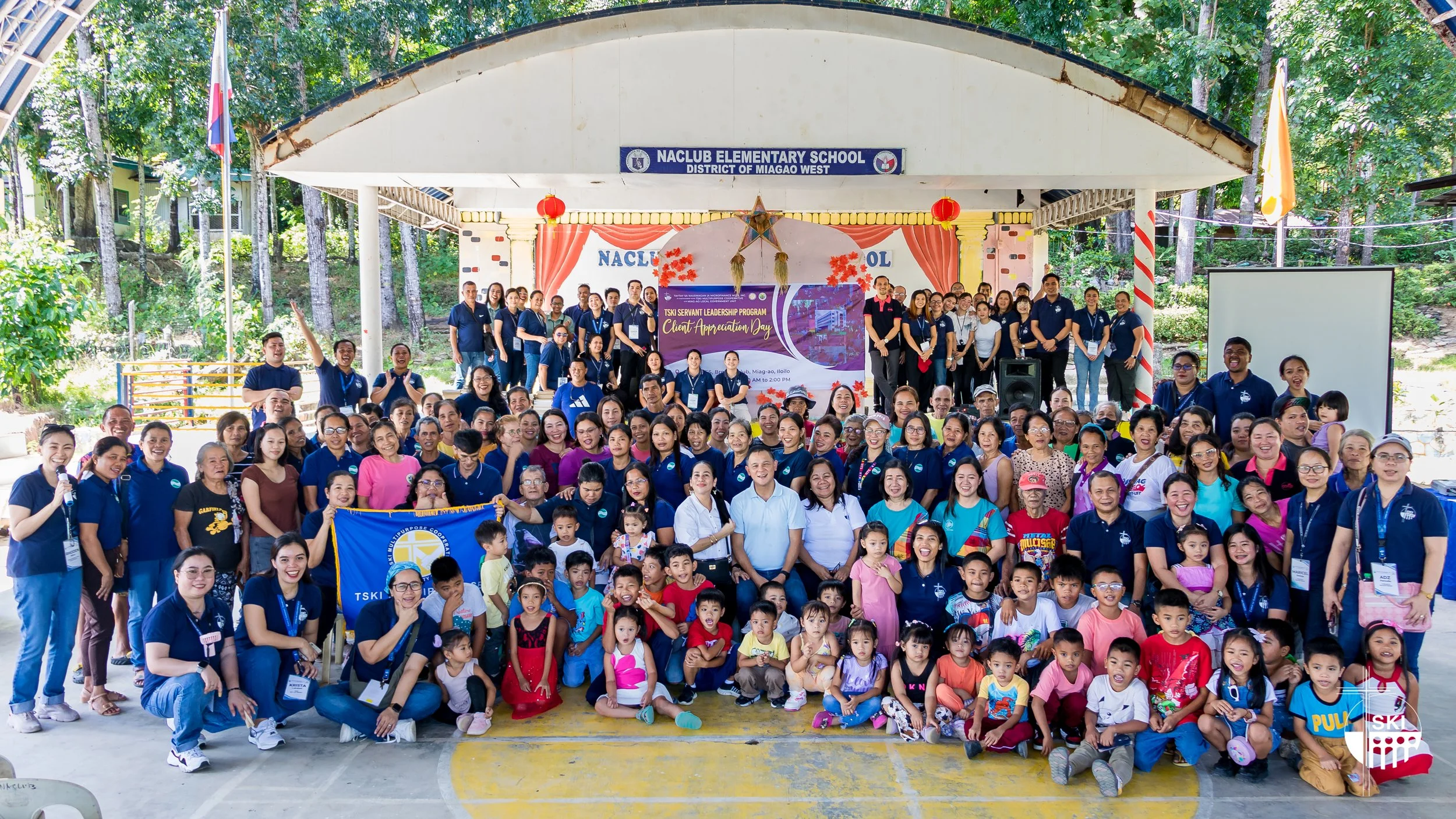Rising with the River: Amalia Naobre’s Journey from Crisis to Growth
Amalia Naobre
Brgy. Naclub, Miag-ao, Iloilo
Business: Selling Snacks and Vegetables
MFI Partner: TSKI
At four in the morning, while much of the town is still asleep, Amalia Naobre, president of the NACTI Association in Brgy. Naclub, Miag-ao, Iloilo, is already preparing for her day. By noon, she has sold vegetables at the Miag-ao public market, crossed a river, sometimes getting wet when the bridge is impassable, and gone straight to their processing facility to fulfill orders for malunggay chips, squash pandesal, and their fast-selling squash canton.
Amalia’s story is one of perseverance, community leadership, and recovery after hardship.
The Business of Food and Livelihood
NACTI Association, under Amalia’s leadership, specializes in producing and selling a variety of snacks and local products. These include squash, carrot, and malunggay chips, squash pandesal, squash canton, and vegetables harvested daily and sold at the public market. They also sell kakanin, a traditional Filipino dessert.
When Disaster Strikes
The association was heavily impacted by the pandemic. “Our crops were damaged, and we had nothing to sell in town,” Amalia shares. During the quarantine, the association closed down. Even when they resumed operations in 2021, challenges persisted. “Our bridge was damaged. We had to cross the river, getting wet in the process, just to reach the market and sell our products.”
Despite the hardship, they pressed on. “We desperately needed to support our families and send our children to school.”
Support to Restart and Rebuild
Amalia and the association received support from multiple sources. Before restarting their production, they were given a machine by DOST through Taytay sa Kauswagan, Inc. (TSKI), which made a significant impact. “It helps us double our output and makes kneading easier,” she explains.
Financial assistance from Kadiwa and other agencies also helped boost their capital. Through TSKI, they accessed loans that enabled them to purchase additional vegetables not readily available in their barrio, allowing them to expand their offerings in the market.
Daily Survival and Financial Relief
Amalia shared how their improved business operations helped supplement their daily income. “Our work in the association brings in additional income. Selling the products ourselves gives us even more revenue,” she says.
The support has been crucial in managing inflation and education costs. “We often struggle with our daily expenses, especially for payments for our children’s boarding and tuition. Microfinance has helped a lot. It gives us a source of funds during emergencies.”
Ongoing Challenges and Aspirations
Balancing her role as association president with personal responsibilities remains a challenge. “I focus on the association, and I come home late. I wake up at 4 AM to sell in the market and don’t get home until noon. But I can’t go straight home because I go directly to the facility. We have orders to complete.”
Market conditions have also shifted. “The market for bread is now more competitive than chips, so we’re focusing more on producing canton and tinapay,” she notes. The products are selling well, and she hopes to raise enough funds to build a small stall to establish a physical store.
Looking Ahead
Amalia dreams of a stronger, more united association. “Despite the challenges, we receive great support, especially from TSKI. We are grateful for their help and their trust in us,” she says. “With the support of our local government unit and our members, we will continue working together to achieve our dreams.”



